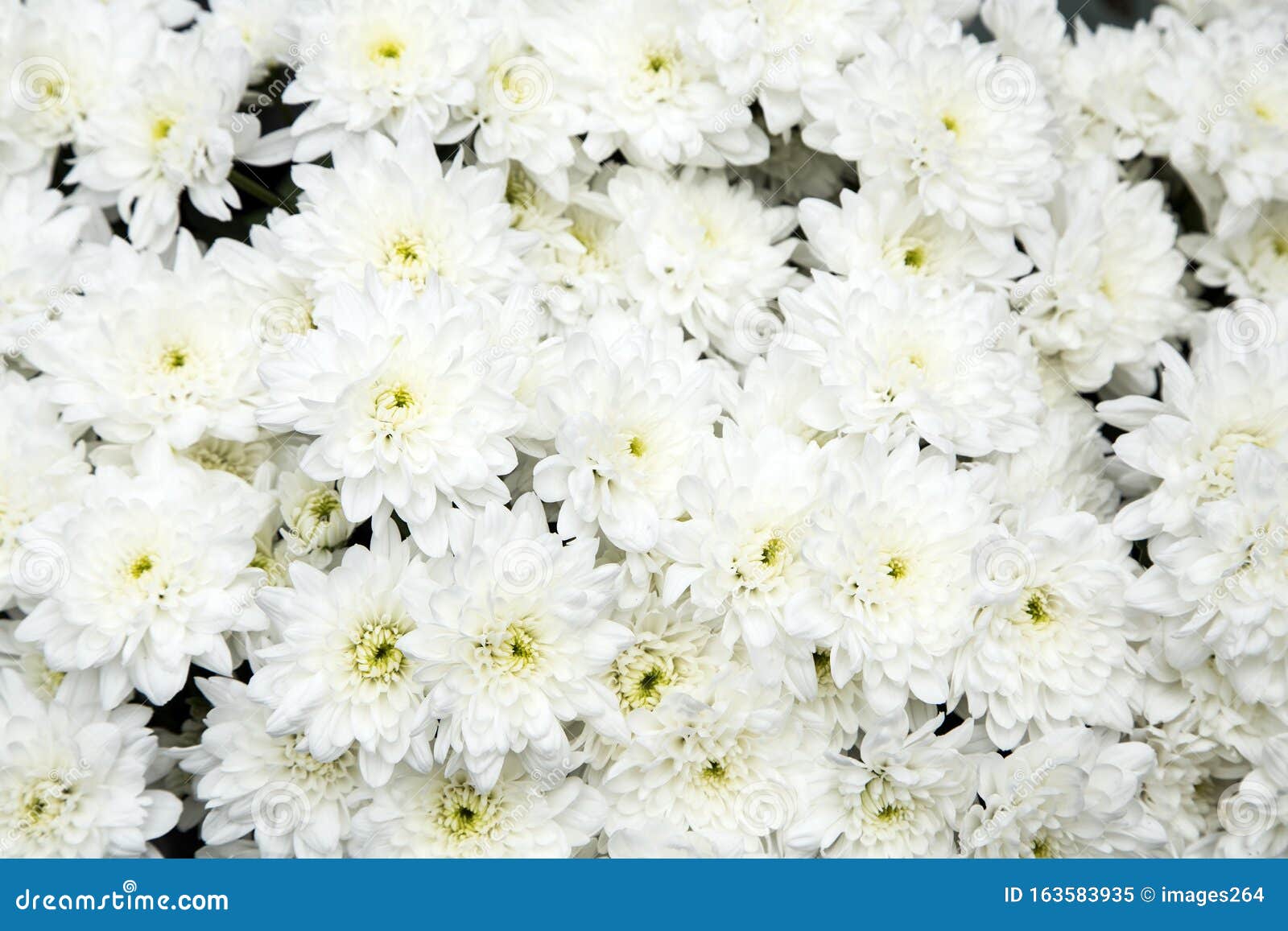

He died in 1968 of congestive heart failure having never written another word of fiction. In 1962, Steinbeck was awarded the Nobel Prize in Literature under controversial circumstances some critics considered Steinbeck’s work lacking the talent implied by the prestigious award. He served as a war correspondent during World War II and Vietnam, where he was wounded both physically and mentally. Steinbeck married his third and final wife, Elaine Scott, in 1950.


Conger and Steinbeck had two sons, John and Thomas, between 19, but were divorced by 1948. By 1943, Steinbeck and Henning divorced, and he quickly married his second wife, Gwyn Conger. In 1940, he was awarded the Pulitzer Prize for Fiction. During this time, Steinbeck wrote some of his most famous works, including Of Mice and Men in 1937 and The Grapes of Wrath in 1939. Steinbeck and Henning moved into a home outside of Monterey County owned by Steinbeck’s father, who continued to support the couple financially so that Steinbeck could focus on his writing. While spending time traveling and writing, Steinbeck met his first wife, Carol Henning, and the couple returned to California following the publication of his first novel, Cup of Gold, in 1929. He remained in attendance there until 1925, at which time he left without completing his degree. After graduating high school in 1919, Steinbeck studied English Literature at Stanford University. Steinbeck grew up in a small settlement town deep in the Salinas Valley and worked side-by-side with migrant laborers, gaining insight and empathy into their difficult existence. His father, John Ernst Steinbeck, Sr., worked as the Monterey County treasurer, and his mother, Olive Hamilton, was a school teacher. Suspenseful, hopeful, and ultimately redemptive, White Chrysanthemum tells a story of two sisters whose love for each other is strong enough to triumph over the grim evils of war.Steinbeck was born the third of four children in a working, middle-class family. Seeing the healing of her children and her country, can Emi move beyond the legacy of war to find forgiveness? Emi has spent more than sixty years trying to forget the sacrifice her sister made, but she must confront the past to discover peace. But haenyeo are women of power and strength. There she is forced to become a "comfort woman" in a Japanese military brothel. Until the day Hana saves her younger sister from a Japanese soldier and is herself captured and transported to Manchuria. As a haenyeo, a female diver of the sea, she enjoys an independence that few other Koreans can still claim. Hana has lived her entire life under Japanese occupation. For fans of Min Jin Lee's Pachinko and Lilac Girls, the heartbreaking history of Korea is brought to life in this deeply moving and redemptive debut that follows two sisters separated by World War II.


 0 kommentar(er)
0 kommentar(er)
